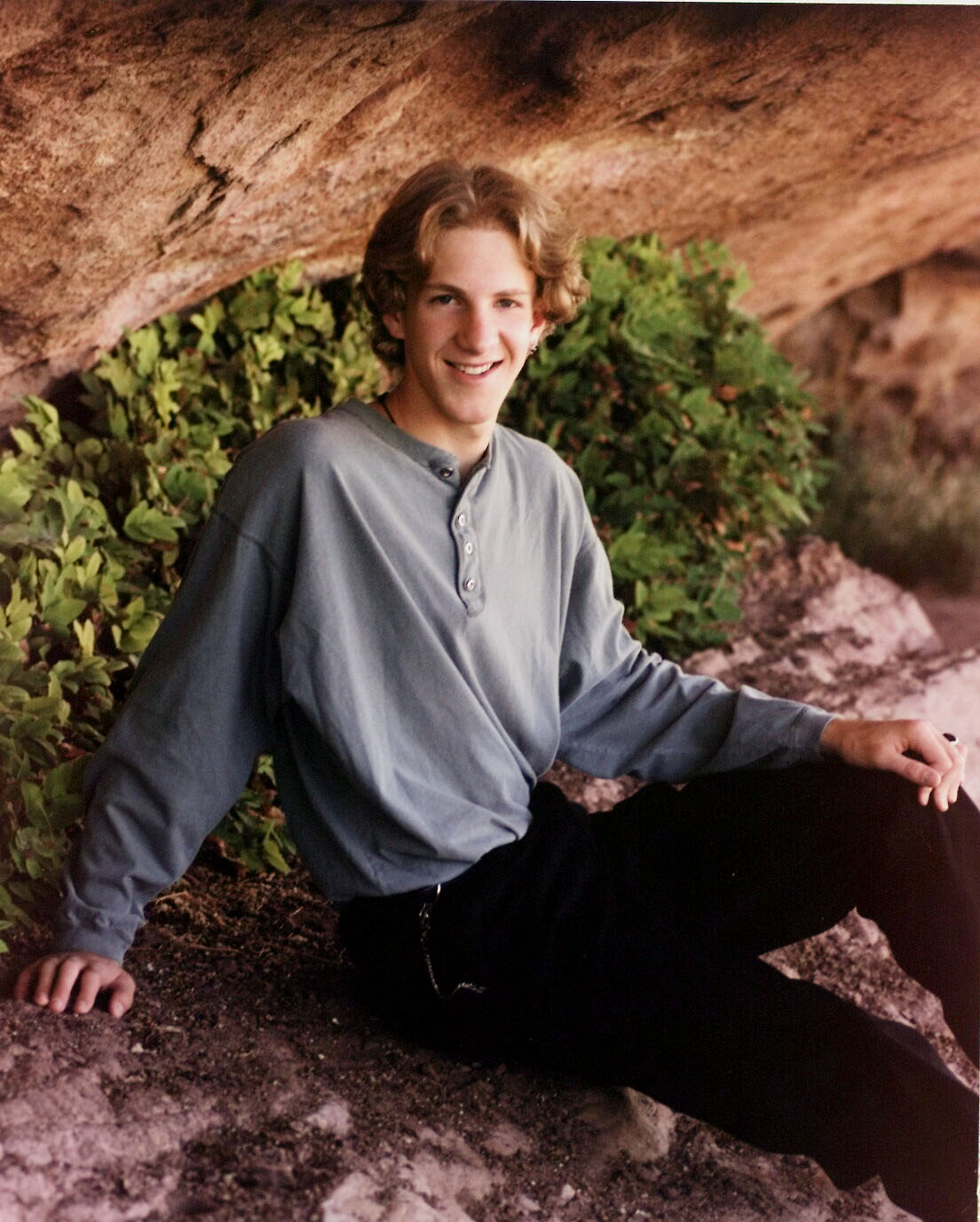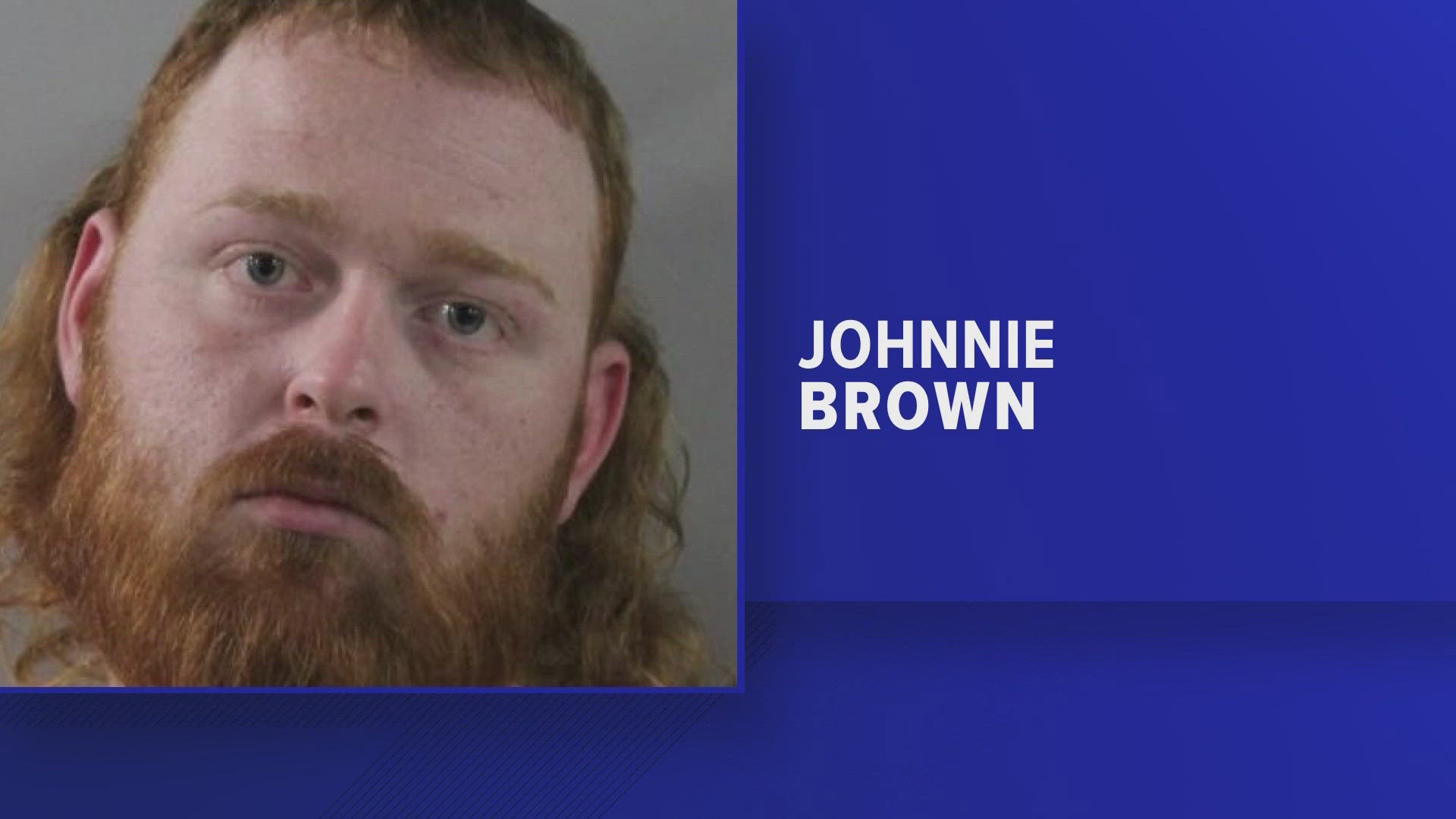The mother of one of the two perpetrators of the one of the worst school shootings in United States history is breaking her 17-year silence, saying she has been wracked with pain and guilt since the incident.
Sue Klebold spoke to ABC News' Diane Sawyer on Friday about the April 20, 1999, shooting at Columbine High School in Littleton, Colo., in which her son, Dylan Klebold, and his classmate, Eric Harris, fatally shot 12 students and a teacher before killing themselves. The interview on a special edition of 20/20 came three days before the Monday release of Klebold's book, A Mother's Reckoning: Living in the Aftermath of Tragedy.
"The one thing that I want to say is I am so sorry for what my son did, yet I know that saying ‘I'm sorry' is an inadequate response to all this suffering," a tearful Klebold, 66, said during the interview. "There is never a day that goes by that I don't think of the people that Dylan harmed."
Sawyer asked Klebold about using the word "harmed." Klebold said she could not bring herself to use a stronger word for what happened that morning, when Dylan Klebold, then 17, and Harris, then 18, arrived at school and started mayhem.
Both arrived at the school shortly after 11 a.m. that morning, placed a propane bomb in the cafeteria, then went outside to wait for it to detonate. When the bomb did not go off as scheduled, both began shooting outside, then took the rampage indoors.
Along with the 13 they shot dead, 24 more were hurt, the incident characterized by pictures on television of children running out of the school and tearfully embracing each other outside. Columbine seemed to kick off a slate of school shootings in the country in the years since, the deadliest taking place in 2007 when a gunman opened fire on the campus of Virginia Tech University in Blacksburg, Va., killing 32.
Sue Klebold recalled the horror of that morning in her interview with Sawyer. She said she was at work when she received a telephone call from her husband, Tom, saying something was happening at the high school and that their son might be the shooter.
"His voice sounded horrible, jagged, breathless," she said.
She remembered hyperventilating and, later, when she learned more about what was going on, praying that her son would die. "I prayed that God would stop this. ‘Please make it stop, don't let him hurt anybody,' " Klebold recounted to Sawyer.
Investigators later learned that Dylan Klebold and Harris had been planning the incident for a year and that Klebold, in a journal, lamented that nobody accepted him even though he wanted to be accepted.
Sue Klebold said there were small signs that her son was troubled but she wrote them off to teen growing pains and angst. "I remember asking him, ‘Are you OK? Are you sure you're OK?' "
But she said she could have never imagined that the boy she once thought of as her "happy, precocious, brilliant little child" could overnight become a "hate-crazed gunman."
Klebold told Sawyer her life has seen its ups and downs since that incident and she was battled depression. She and her husband divorced, unable to cope together with their grief, and she survived a bout with breast cancer. In fact, it was dealing with the harsh treatment that forced Klebold to decide she would live.
The proceeds from her book will go toward research and foundations focused on mental illness.
Sometimes, Klebold told Sawyer, she goes to visit the Columbine Memorial.
"I feel kind of unwelcome there, like perhaps I'm intruding," she said. "Sometimes I just sit there and think – and I tell them I'm sorry."


